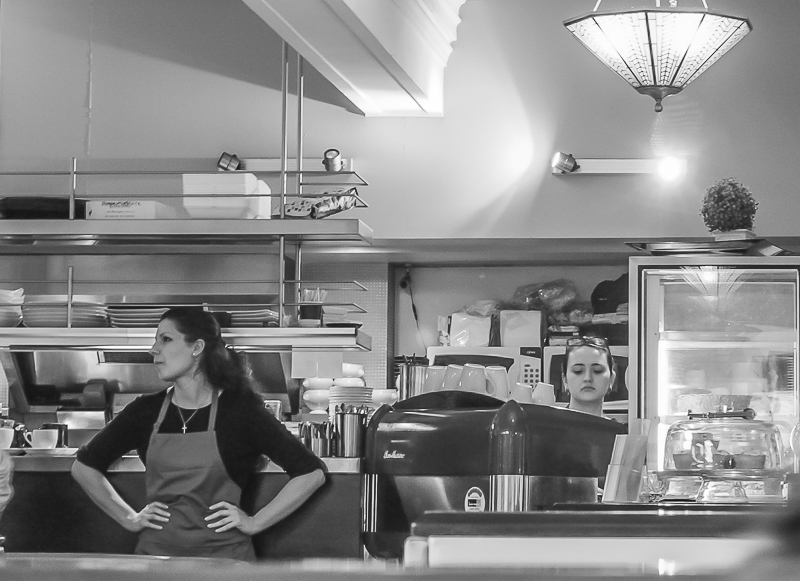
Go to any travel site and you’ll see a dozen packing lists for your trip – whether for short or long travel, what tech equipment to take, which shoes and hats to take and so on – but there is one list that seems to be missing. And it is one I will come back to time and again. It is a packing list for the mind. For me this list goes something like this:
1. Know your ‘Why’
This is the first thing I pack – and it comes from a question posed by Darren Rowse in the keynote to the 2015 ProBlogger Event, and in turn from a TED talk by Simon Sinek. Why travel – and this will be a topic in its own right, but closer to home, and for each trip, it is important to know why you are travelling. And from this, all other items on the list will follow.
Your why is your mental passport – and at least as important as your physical one. If you forget this one, your trip will be largely wasted. I try to use the triple pack, rather than the basic model. But the basic one is certainly a good start. The basic one is simply to ask yourself ‘Why am I doing this trip?’ and the rest kind of flows from there. The triple-pack forms a dialogue that goes something like this:
Holiday travel
‘Why am I doing this trip?’
‘To see Paris’
‘Why do you want to see Paris?’
‘I want to see the architecture, and drink coffee in a Paris street cafe’
‘Why do you want to see the architecture and drink coffee in Paris street cafe?’
Because there is a unique aesthetic – it is a culture that values the arts, and in the cafes you can see the people walking past and take time out to reflect and take stock of my life and thus have a real holiday from my day-to-day existence…’ and so on.
From this, I know that I probably want to do some research, and take a camera and a notebook – see what has happened here?
Business travel
If it is a business trip, the dialogue would perhaps me more like this:
‘Why am I doing this trip?’
‘To attend a conference and meet potential new clients’
Why are you attending the conference and meeting potential new clients?’
‘The conference will give me new ideas in my industry, and new clients might expand my business.’
‘Why do you want new ideas in your industry and why would new clients expand your business?’
‘Now I think about it, my business is stagnating a bit and I might get ideas for a new direction in my business, and new clients may well take my business further in these new directions thus enabling me to achieve my business goals more effectively.’
2. An open mind
An open mind is like taking an extra bag with you for all the shopping you will do. Except there is no excess baggage charge on this one. This is about being open to new experiences – eat new things, try a Segway ride, brave the local transport, find a writers/artist’s walk, visit a small museum you encounter by accident, such as Marie Curie’s laboratory museum – pioneer in radioactive chemistry – pictured below. You are travelling in order to take yourself out of your routine – so make the most of the experience. And sometimes you will surprise yourself with new favourites.
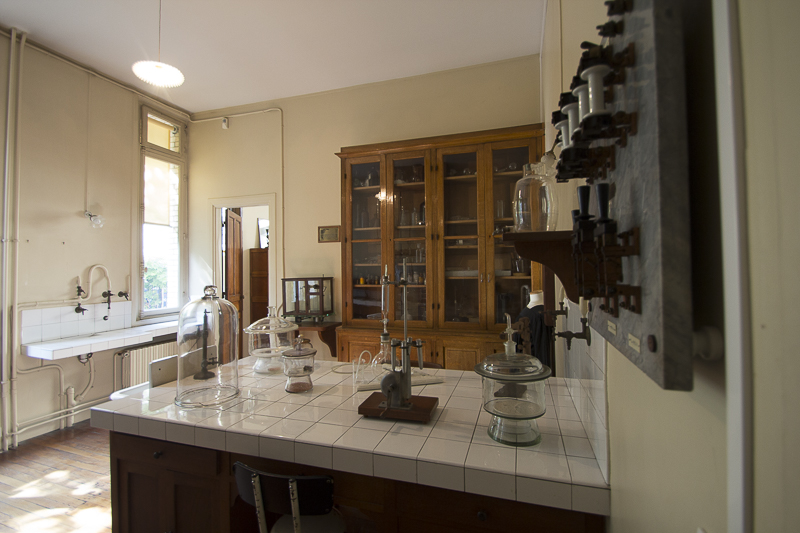
3. Courtesy
Courtesy will get you out of trouble more often than not. In a foreign land, whether you think you are or not, you are an ambassador for your country whenever you travel. You may be one of the very few from your country they have met – so they will judge, not just you as an individual, but your culture and your country and future people they encounter from your country on the basis of how you behave toward them. Your behaviour will either reinforce or counter any biases or preconceptions they may have about you based on how you treat them. It costs nothing to be polite – remember you are a guest in their country, and you are the foreigner.
For example, in France the shop assistant will always greet you when you enter their shop – so respond, however haltingly – if possible in their language. Again you are a guest in their shop and it is a privilege for you to have access to their goods – respect always.
4. A smile
A smile goes a long way in any language – in fact pack a smile for every occasion. No matter how tired or jet lagged you may be, always make room for a smile. It is a great ice breaker, and people will be much more inclined to help you out if you look friendly and approachable. For the use of a couple of muscles you will be repaid tenfold in little kindnesses.
5. A few words
Before you travel to a foreign country, try and learn a little of the language – a few phrases will do to start with. Learn to say ‘hello, goodbye, please, thank you, and sorry’. Most of the rest can be done at a pinch with pointing and smiling, but make whatever effort you can to begin the conversation in their language. Many feel that English speakers are arrogant in assuming theirs is the universal language. But if you make an effort to speak theirs you will be rewarded with a great response. And don’t worry – as soon as you speak they will immediately switch to English – probably better than yours – if only to stop hearing their language being butchered! But without it you can be pretty sure that half the time they will act like they have no idea what you are saying!
6. Patience
Patience is a virtue – and for good reason. There are a thousand and one minor and sometimes major frustrations you will face – someone has trouble understanding your pronunciation, you can’t enter the museum because it is too close to their lunchtime, you have stood in the wrong queue – many things can raise your blood pressure. My advice? Learn the Gallic shrug and understand that sometimes stuff just happens and there’s not much you – or they – can do about it. Wait with equanimity and problems will be solved… eventually.

7. Curiosity
Curiosity lies at the heart of discovery – If you find yourself lacking curiosity, just check and make sure your ‘why’ is switched on. What is in the market place? How did that obelisk get there? what does [insert exotic food] taste like? These things are at the heart of finding new things to like – or dislike. Remember it’s all a learning experience. I first tried escargot in France and loved them from the first bite. I was less taken with the raw mince terrine and the goat-ham – but the French make some seriously great food. Similarly I found some fascinating museums that were never mentioned in the guide books – just by following my curiosity.
8. A sense of adventure
You will have some amazing experiences – don’t be afraid to try new things. I loved the Segway tours in Washington.
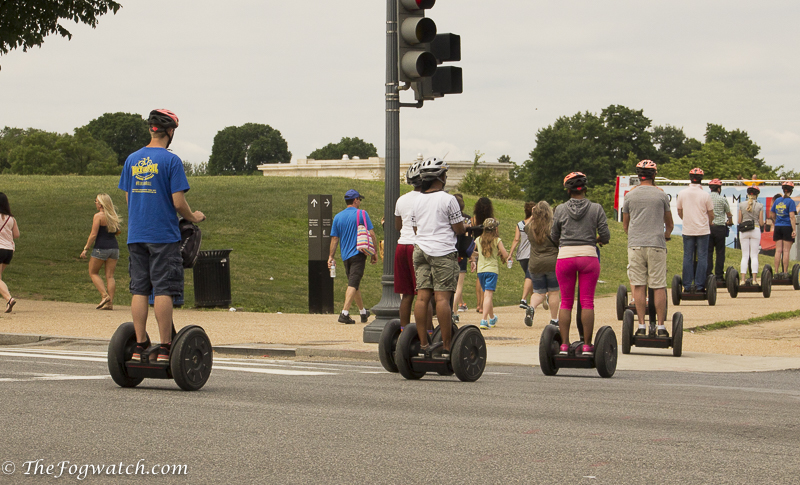
I have abseiled in the Australian alps. I have flown in a small plane to Mt Hagen in New Guinea. I have climbed inside the spire of Salisbury Cathedral and ventured onto subway systems in Sydney, Tokyo, London, New York, Washington and Paris – they do have a logic to them (yes even in Tokyo!).
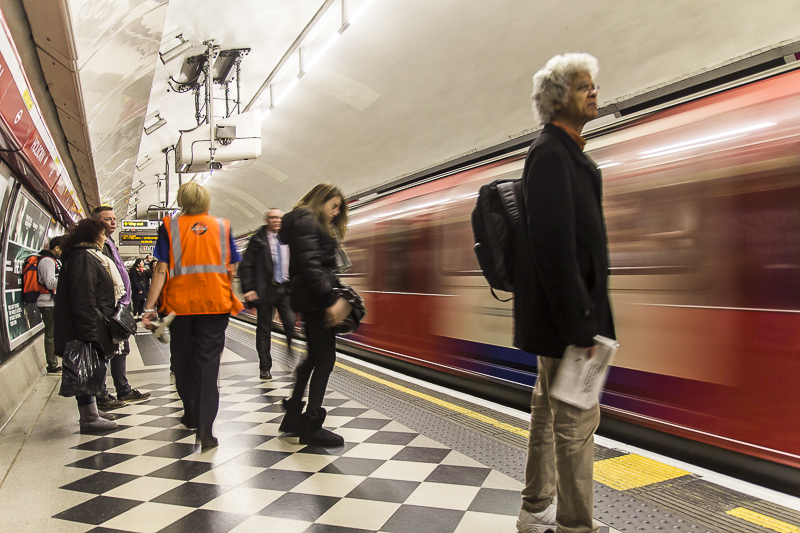
Of course you assess the risk – but if you are not prepared to take the occasional chance you will never really experience some of the greatest benefits of travel. Go boldly!
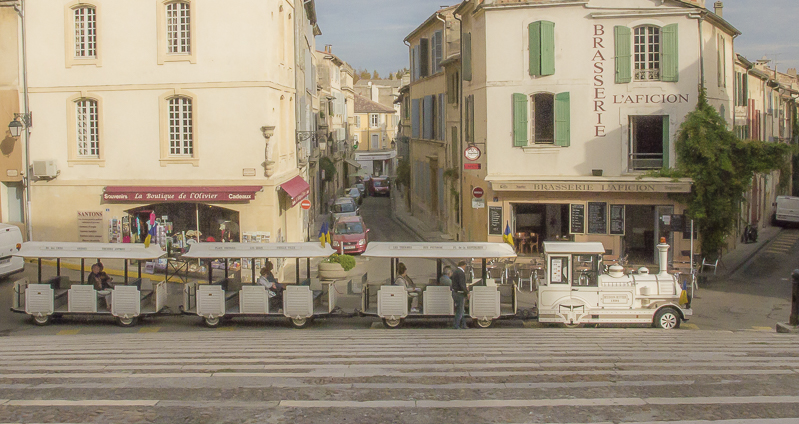
And don’t worry about embarrassing yourself – when you are abroad, no-one else knows you, so you can truly be your human self. Take that toy train ride around the town centre – learn to laugh at yourself and you will have a great time.
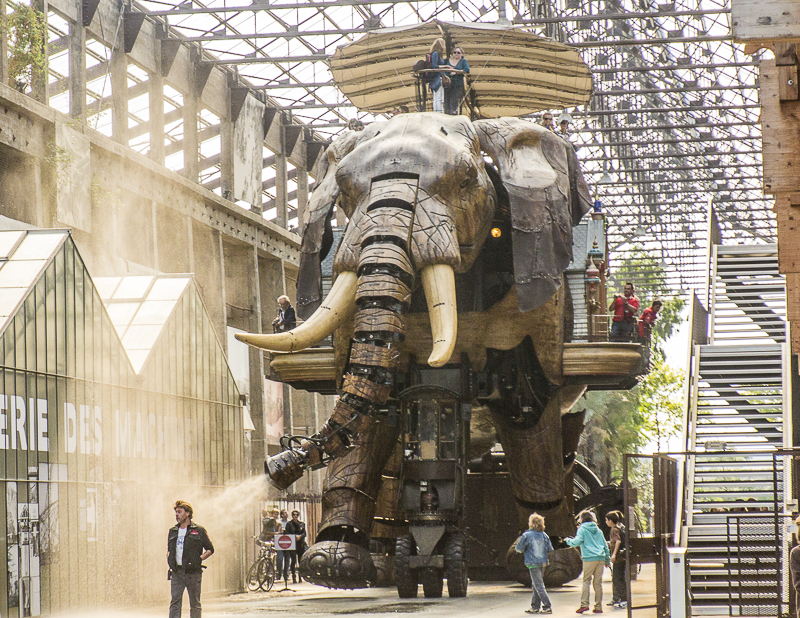
9. Adaptability
Sometimes things don’t go to plan – that’s life. The museum you desperately wanted to see is closed for renovations, you didn’t realise you needed to book your Eurail seat for the train from Brussels, the hire car was at the other railway station – the one not listed in your tour guide. You’ll be glad you packed your adaptability. Visit an alternate museum – or just find a great place to have a picnic lunch. In Brussels we soon found a slow train that would take us accidentally to Luxembourg before getting us to Lyon – but we were still able to do it within the required 24 hours, and the 12 hour train ride gave us time to think about what we had seen so far. As for the hire car? The hire company found us an alternative car that was just as much fun to drive.
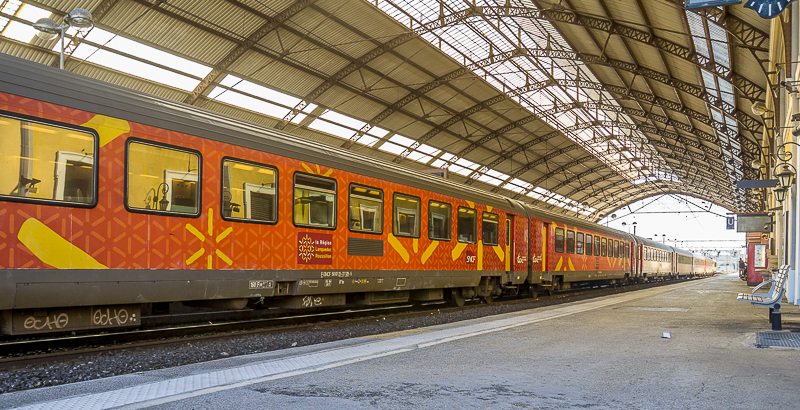
10. Open senses
This is about taking in your surroundings – the sounds, the smells, the sights the taste and the feel of a place. Experience it with all your senses – something you cannot do virtually! There is truly something amazing about touching the chisel marks on the Pont du Gard Roman aqueduct, as though you are reaching back through time to meet the person who shaped that stone by hand around 2000 years ago. Listen to the rattle of the London underground, or the rhythmic thumping of the ancient escalators. The sound of an unfamiliar bird or the clatter of a diesel taxi. Thrill to the taste of new guinea coffee freshly brewed or feel the tap on the caramelled sugar top of a creme broulée. Experience new tastes like pamplemousse (grapefuit) ice cream.
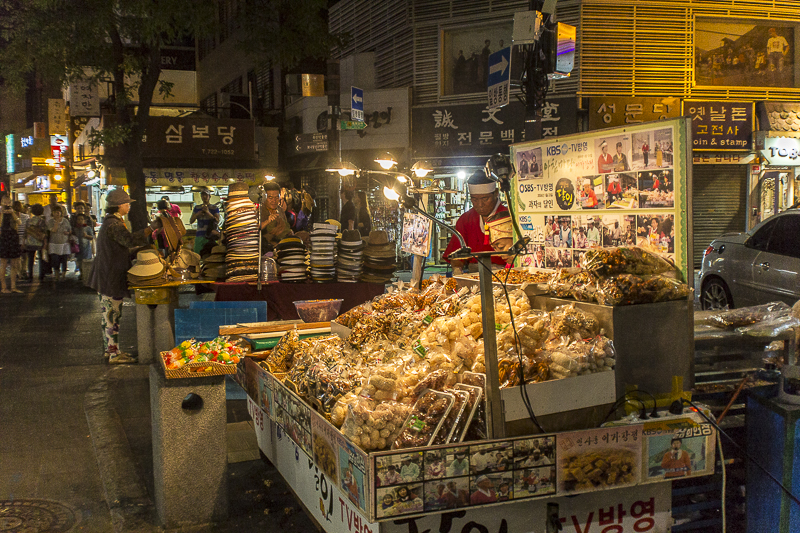
Above all, travel with an open heart, compassion for those less fortunate, and be prepared to arrive home with a new appreciation for what it is to live as a human being at this time and in this place.
